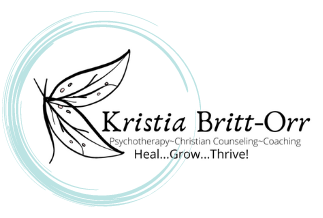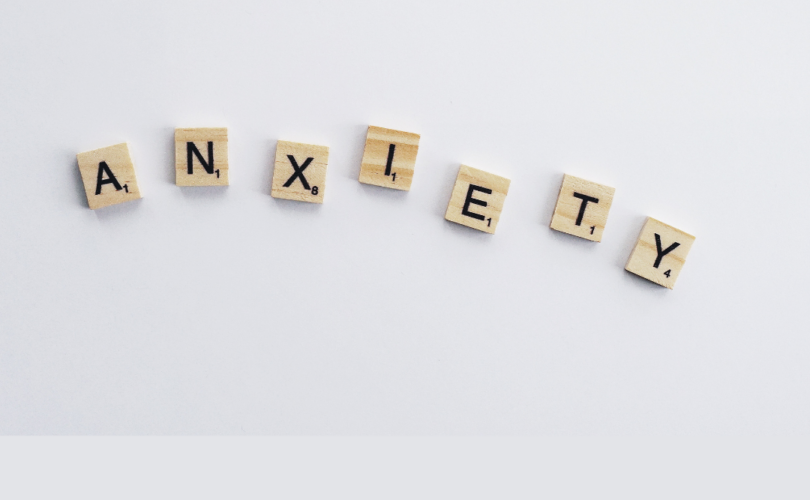What is Anxiety?
Anxiety is a natural response to stress or danger. It becomes a disorder when the feelings of fear, worry, or apprehension are excessive and interfere with daily life.
Symptoms of Anxiety
Common symptoms include:
- Emotional Symptoms: Feelings of nervousness, restlessness, or being tense; a sense of impending danger, panic, or doom; increased heart rate.
- Physical Symptoms: Sweating, trembling, feeling weak or tired, trouble sleeping, gastrointestinal (GI) problems.
- Cognitive Symptoms: Difficulty concentrating, racing thoughts, excessive worry.
Types of Anxiety Disorders
- Generalized Anxiety Disorder (GAD): Persistent and excessive worry about various aspects of life.
- Panic Disorder: Recurrent, unexpected panic attacks characterized by sudden periods of intense fear.
- Social Anxiety Disorder: Intense fear of social situations and being judged or negatively evaluated by others.
- Specific Phobias: Extreme fear of specific objects or situations, such as heights or animals.
- Obsessive-Compulsive Disorder (OCD): Recurrent, unwanted thoughts (obsessions) and repetitive behaviors (compulsions).
- Post-Traumatic Stress Disorder (PTSD): Anxiety following exposure to a traumatic event.
- Separation Anxiety Disorder: Excessive fear or anxiety about being separated from attachment figures.
Coping Strategies for Anxiety
- Practice Mindfulness and Meditation: These techniques can help you stay grounded and manage stress.
- Exercise Regularly: Physical activity can reduce anxiety by releasing endorphins.
- Limit Caffeine and Alcohol: Both can exacerbate anxiety symptoms.
- Develop a Routine: A structured routine can provide a sense of stability and control.
- Seek Support: Talking to friends, family, or support groups can provide relief and understanding.
- Learn Relaxation Techniques: Deep breathing, progressive muscle relaxation, and yoga can help calm your mind and body.
- Challenge Negative Thoughts: Cognitive-behavioral techniques can help you reframe negative thinking patterns.
- Get Enough Sleep: Prioritize good sleep hygiene to improve overall well-being.
- Healthy Eating: A balanced diet can positively impact your mood and energy levels.
- Professional Help: If anxiety is overwhelming, consider seeking help from a therapist or counselor.
Remember, managing anxiety is a journey, and it’s important to find what works best for you. If you ever need more support, I’m here to help.

